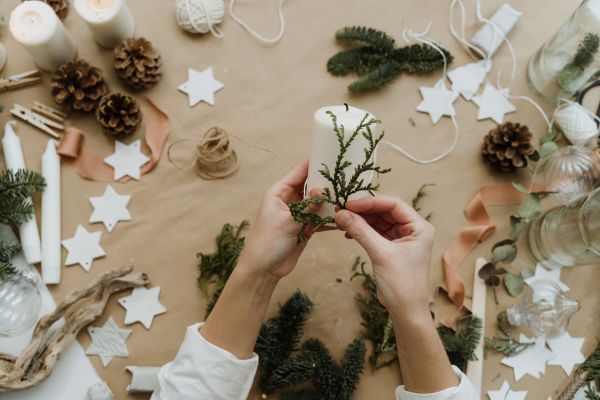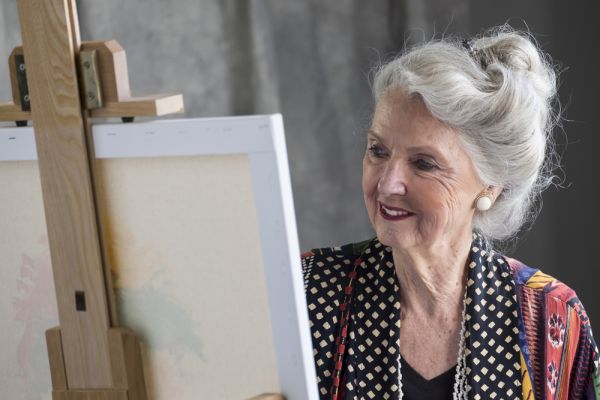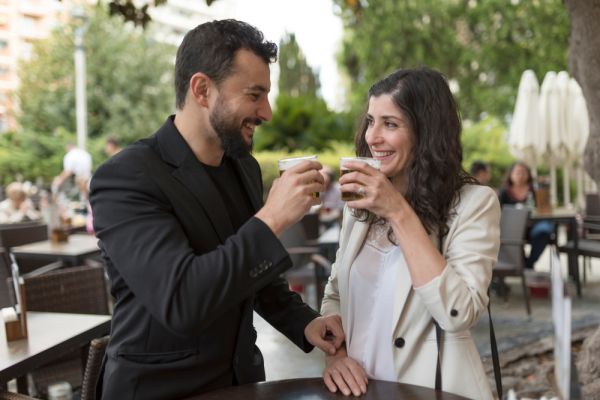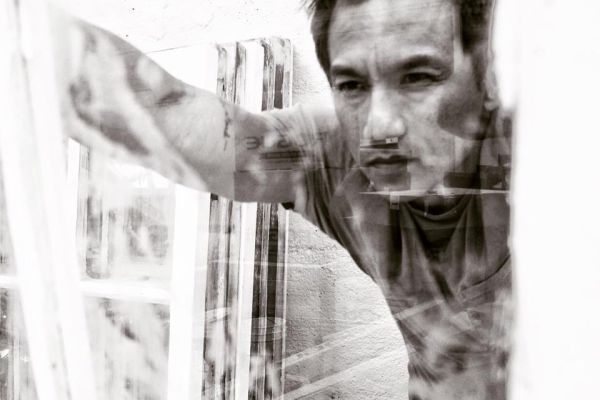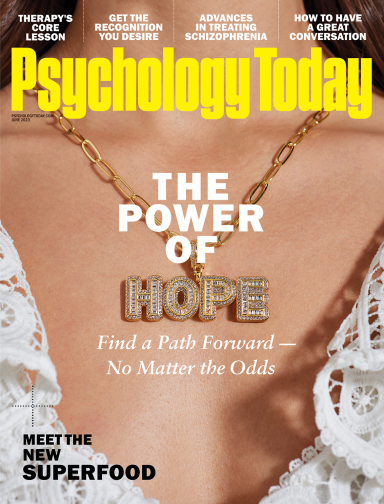
Finding Connection Through "Chosen Family"
Extending your definition of "family" can lead to a growing network of support.
Posted June 14, 2019 Reviewed by Devon Frye
When Samantha Nystrom first began questioning her gender identity, she didn’t turn to her parents for support. The thought of losing them, wrote Nystrom, was too emotionally traumatic to imagine. So she turned, instead, to her friends. And when she did come out to her family, and faced the rejection she had so feared, her friends were there to pick up the pieces. In them, Nystrom found a new family.
Nystrom is not alone. Today, many individuals find themselves navigating uncharted waters as they try to reconcile shaky relationships with blood relatives while simultaneously creating what’s commonly referred to as a “chosen family.”
According to the SAGE Encyclopedia of Marriage, Family, and Couples Counseling, “chosen families are nonbiological kinship bonds, whether legally recognized or not, deliberately chosen for the purpose of mutual support and love.” The term originated within the LGBTQ community and was used to describe early queer gatherings like the Harlem Drag Balls of the late nineteenth century.
The circumstances surrounding the birth of the first “chosen families”—intense loneliness and isolation faced by those rejected by their biological kin—continue today. Nearly 40 percent of today’s homeless youth identify as queer, and a recent study found that roughly 64 percent of LGBTQ baby boomers have built, and continue to rely on, chosen families.
“Chosen families,” though, can form as a result of any person’s experience with their biological family that leaves needs unmet. Friends who become your family of choice may provide you with a healthier family environment than the one in which you were raised, or their proximity may allow you to rely on them when your biological family isn’t located nearby. A chosen family can be part of a person’s growing network, and can help construct a wide foundation of support that continues to grow with time.
The importance of “chosen family” in many of our lives is reflected in the kinds of policies that have been implemented in communities around the country. Last year, New York City began allowing workers to use paid time off to care for anyone they personally define as family, whether they’re “related by blood or affinity.” In doing so, NYC joined other major metropolises like Chicago, San Francisco, and St. Paul, MN, as well as states like Arizona and Rhode Island, in honoring non-biological kinship.
For anyone seeking to surround themselves with chosen family, the task might seem daunting. Thankfully, finding chosen family has a lot more to do with fostering pre-existing networks of support than creating new ones. In the book Families We Choose: Lesbians, Gays, Kinship, cultural anthropologist Kath Weston defines chosen family as consisting of “friends, partners and ex-partners, biological and non-biological children, and others who provide kinship support.”
Chosen families do not come to us in perfect, nuclear packages; their very structure aims to resist the idea of family as something we are given and must accept. These are groups of people made from those we’ve loved, found, and raised. Chosen families are made up of people we share a connection or similar experience with, occasionally falling within the same sub-culture or socio-political demographic. They grow together like vines climbing the side of a house in summer: One day, you look up and realize they’ve bloomed, and there are simply too many to count.
But these groups of loved ones aren’t always a tidy solution to the issue of conflict and trauma with our birth families. Those who find their chosen family of friends, lovers, and children while attempting to maintain contact with biological family often experience a sense of guilt for trying to sustain both. In some cases, biological family members wonder why their relative would choose to spend quality time with anyone else—and might even shame them for their devotion to another group.
Of course, serving as someone’s chosen family can be difficult, too. Trying to nurture and support your own biological family and serving in the role of chosen family can be difficult, demanding, or leave you in a sort of linchpin role of supporting both structures.
While both your biological family and your chosen family might provide you with support, if the stress of being present for both is overwhelming, it will be impossible for you to care for anyone in your life—even yourself. Manage expectations so that the relationships with chosen family can function as self-care that energizes you for time spent with your biological family—and if you have a positive relationship with your birth family, vice versa.
So grow into your chosen family with confidence and grace. Developing these life-long relationships is akin to tilling a garden: You plant the seeds, create the right environment for growth, and see what beautiful things come to fruition. And when you end up growing a community, the investment of time and effort is well worth it.
Eli Harvey contributed to the research and writing of this blog post.
Facebook image: Rawpixel.com/Shutterstock

